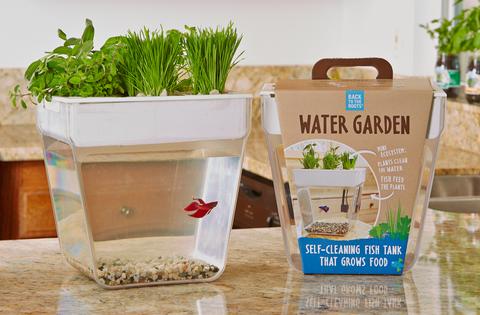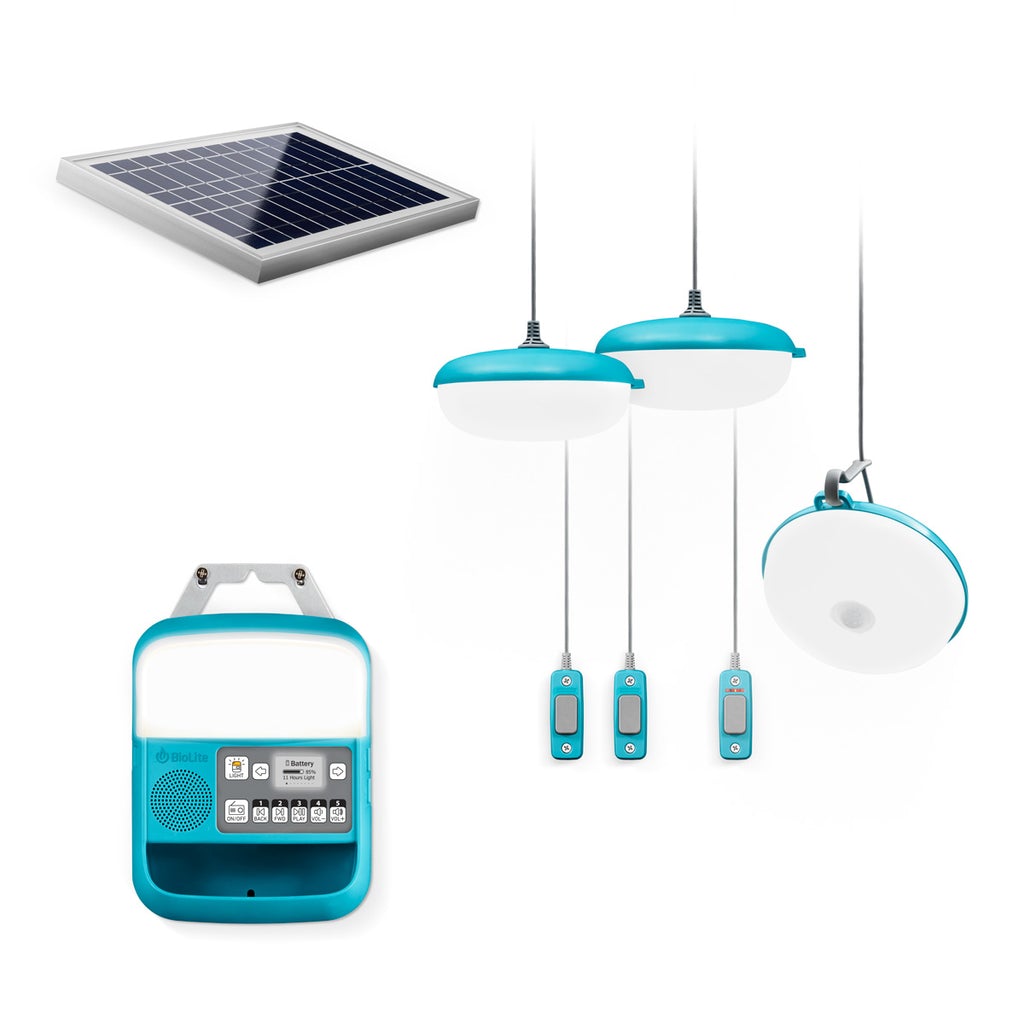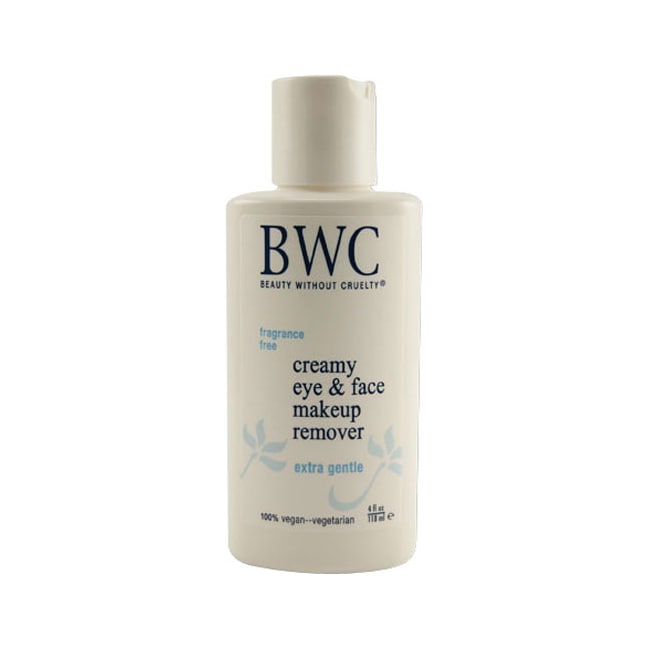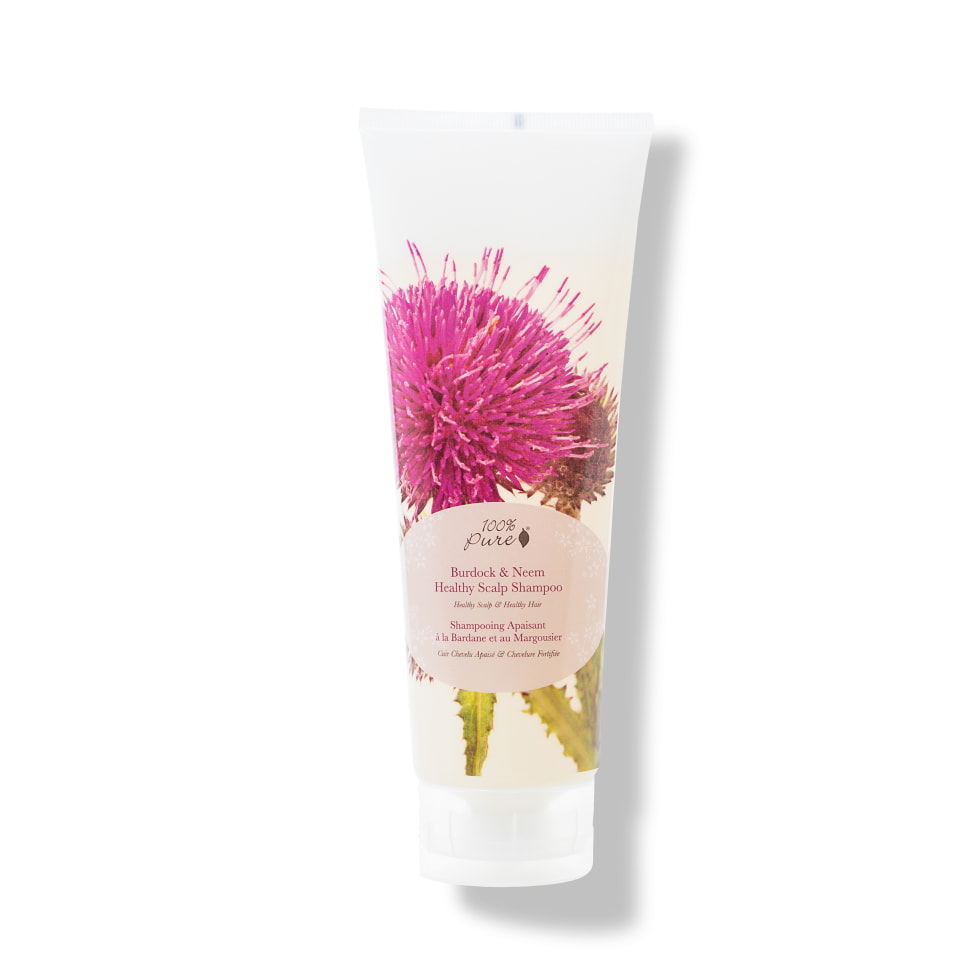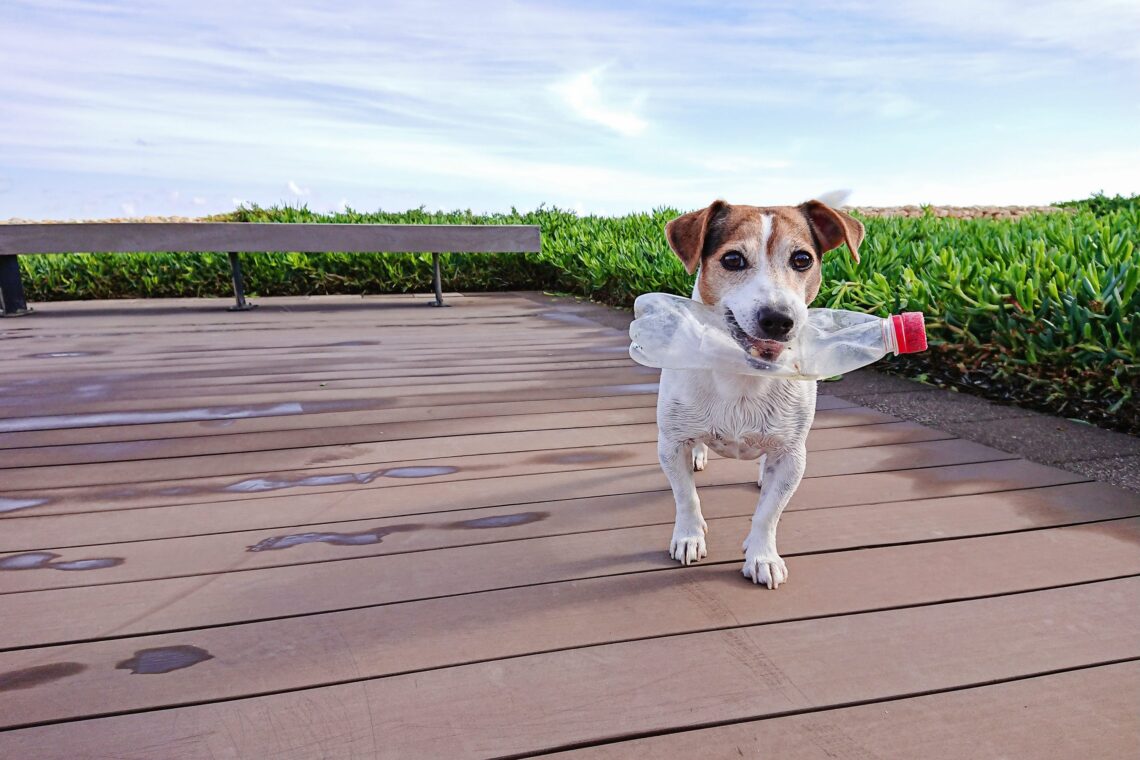The Vejibag is the eco-friendly alternative to plastic for storing and preserving vegetables in the refrigerator. Using age old principals creating a breathable but high humidity environment, the Vejibag keeps a huge variety of veggies fresh and crisp up to two weeks.
-
-
The Indoor Water Garden
The indoor water garden that’s bringing the garden indoors. The Back To Roots Water Garden is a dually functional hydroponics and aquaponics ecosystem. Made in the U.S.A., this award-winning home ecosystem is both educational and a lovely piece of home decor. In this sleek, low maintenance, self-watering planter you can grow organic microgreens from luscious bamboo and succulents to houseplants. Meanwhile, add a fish and experience the magic of aquaponics! Best of all, your Water Garden becomes a self-cleaning fish tank that also grows fresh food up top. The fish waste fertilizes the plants on top and the plants clean the water. This results in fewer water changes. Aquaponics is…
-
BioLite SolarHome 620
The BioLite SolarHome 620 is power in a box! This shoebox sized power box brings modern lighting, energy, and entertainment to any space transforming it into an off-grid home. To charge up it captures daily sun. Essentially, the BioLite SolarHome 620 is a control box run by a 6-watt solar panel and a 20 watt hour battery.
-
Beauty Without Cruelty
Beauty Without Cruelty (BWC) is the pioneer of cruelty free cosmetics. BWC was founded over 50 years ago in 1963! It was founded by the trustees of BWC Charitable Trust, an animal welfare organization. They were driven by a determination to manufacture and distribute color cosmetics that were not tested on animals and did not contain any animal ingredients.
-
Is 100% Pure Really Pure
Now more than ever consumers are ditching the toxin-laced cosmetics and swapping them out for natural, eco-friendly ones. 100% Pure is among the alternatives that many are reaching for. However, is 100% Pure all that it's hyped up to be?
-
Going Zero Waste With Pets Is Trending
Going zero waste with pets is trending!!! Having pets actually creates a significant amount of waste. In fact, a UCLA geography professor, Gregory Okin, conducted research on the environmental impact of America’s pets. Okin found that cats’ and dogs’ eating habits are responsible for dumping as many as 64 million tons of greenhouse gases into the atmosphere every year. That’s 25 to 30 percent of the environmental impact of meat consumption in the United States. It’s roughly the equivalent of driving over 13 million cars! In light of this, eco-conscious pet owners are seeking out ways to curb the carbon footprint of their pets. Many have opted for non-meat eating pets…

